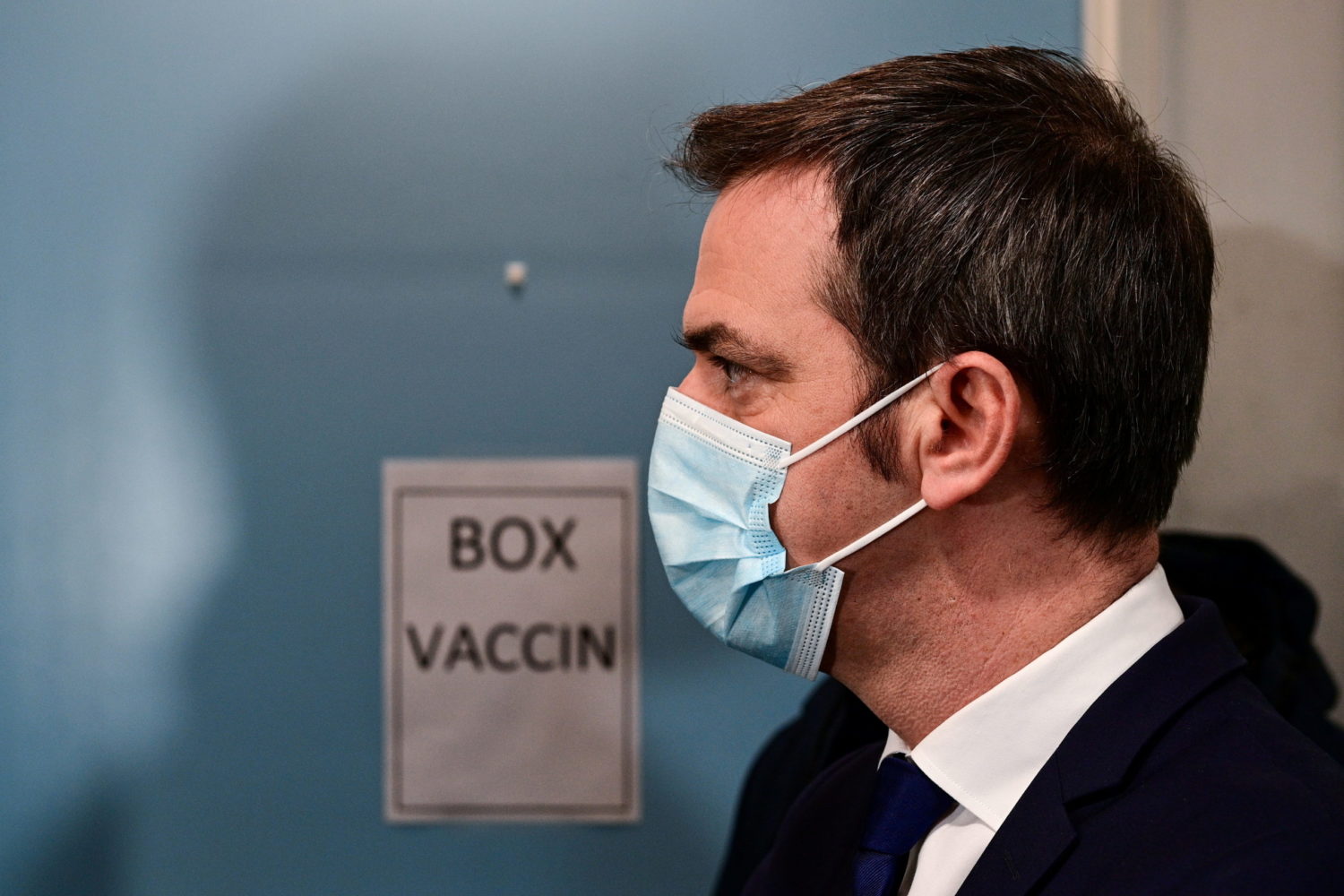
By Elizabeth Pineau
PARIS (Reuters) -France will start relaxing a nightly curfew and allow cafes, bars and restaurants to offer outside service from May 19, as President Emmanuel Macron charts a way out of a third COVID-19 lockdown.
Macron, who is under pressure from business groups and a COVID-weary public to open up the economy again, announced in an interview with the regional papers a four-phase plan for unwinding France’s month-long stay-at-home order.
The easing will come despite the numbers of new daily cases and COVID-19 patients being treated in intensive care being far higher than when the two previous lockdowns were rolled back. Macron said the vaccine rollout made this possible.
“I have never gambled on the health and safety of our citizens,” Macron said. “I take responsibility for the choices I make, but these are never bets.”
The plan envisages the nightly curfew being pushed back to 2100 from 1900 CET from May 19 and to 2300 from June 9, before being scrapped completely on June 30.
Museums, cinemas and theatres will also be allowed to reopen on May 19. Foreign tourists with a “health pass” will be allowed to visit France again from June 9, according to the timetable published by Ouest France and other newspapers.
The timetable is provisional and could be delayed on a region-by-region basis in areas where intensive care units are close to saturation or the COVID-19 incidence rate exceeds 400 cases per 100,000 inhabitants.
‘EMERGENCY BRAKE’
“We will be able to pull an emergency brake in territories where the virus is too present,” Macron said.
The incidence rate in Paris and its surrounds was an average 459 per 100,000 people in the seven days up to April 25 and is falling, data showed. Ile de France is home to nearly a fifth of France’s population and accounts for 30% of economic activity.
About 22% of all French citizens have received at least one dose of a COVID-19 vaccine, according to a Reuters tracker.
Accelerating the rollout in France, Europe and in developing countries is paramount to push back against the virus, Macron said.
Opening up the vaccine to more people in France, Macron said COVID shots would be made available to all obese adults from May 1.
Macron said France could use a digital or paper-based ‘health pass’ to help curb the spread of the virus at events with large crowds such as sport stadia or festivals. But he said it would not be right to use them at everyday venues like restaurants or cinemas.
“A health pass will never be a right of access that differentiates the French,” the president said. “As it pertains to public liberties, parliament will debate the matter.”
France’s main COVID-19 indicators all showed some signs of improvement on Wednesday, with the seven-day moving average of daily new infections falling to 27,366 compared with 38,000 when the lockdown began.
France has recorded 5.57 million COVID-19 cases and 103,947 deaths since the start of the pandemic.
(Reporting by Elizabeth Pineau; writing by Richard Lough; Editing by Gareth Jones and Sonya Hepinstall)




